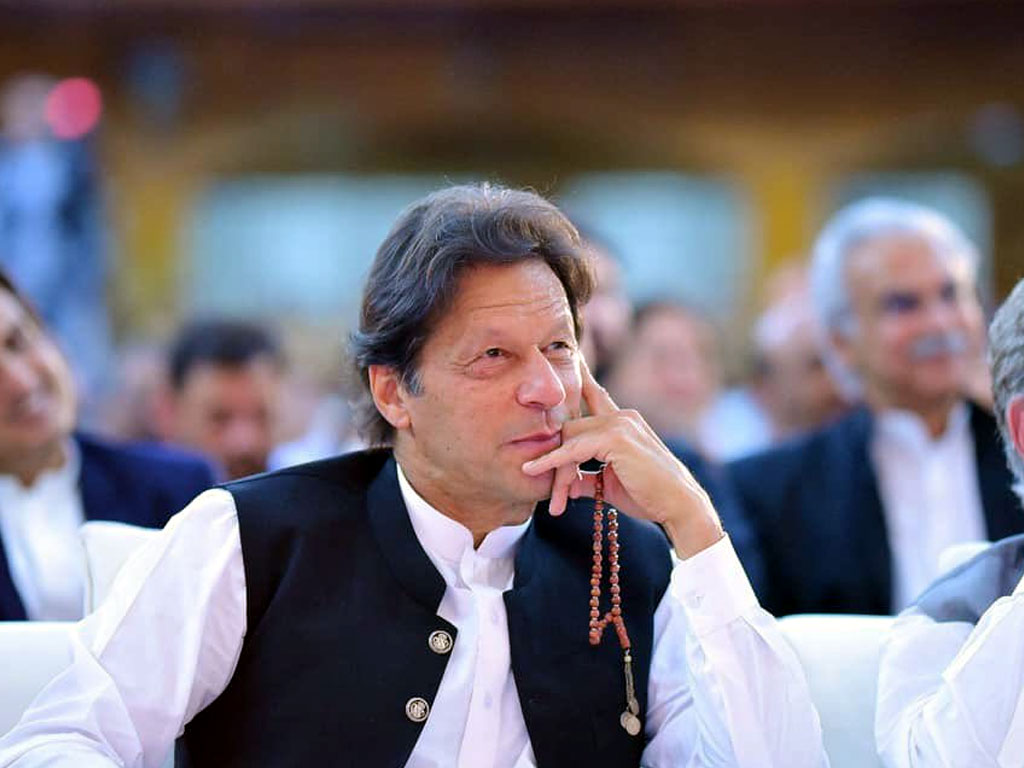The recent re-arrest of five Pakistan Tehreek-e-Insaf (PTI) workers, who had previously been granted bail by the Supreme Court in connection with the May 9 violence, has ignited tensions across the political landscape of Pakistan.
In a startling turn of events, the individuals—Owais, Saifullah, Nasrullah, Kamran, and Waqas—found themselves back in custody under the provisions of the 16 MPO (Punjab Maintenance of Public Order Ordinance, 1960), mere hours after their release.
The circumstances surrounding their re-incarceration have raised eyebrows and drawn criticism from various quarters. The initial bail granted by the Supreme Court was perceived as a sign of judicial leniency and adherence to legal principles. However, the swift reversal of their release has cast doubt on the consistency and impartiality of the legal process.
The May 9 violence, stemming from protests following the arrest of Prime Minister Imran Khan in the Al-Qadir Trust case, had already fueled political tensions in the country. The re-arrest of these PTI workers threatens to exacerbate existing divisions and deepen mistrust in the judicial system.
Critics argue that the abrupt re-incarceration of the PTI workers smacks of political interference and undermines the rule of law. They point to the timing of the arrests and the broader context of political rivalry as evidence of ulterior motives behind the legal maneuvers.
Conversely, supporters of the re-arrests argue that they are necessary to maintain public order and ensure accountability for acts of violence. They contend that the Supreme Court’s initial decision to grant bail may have been premature, given the gravity of the charges and the potential for further unrest.
Amidst these conflicting narratives, tensions have escalated, with both the government and opposition parties trading accusations and mobilizing their respective supporters. The re-arrests have reignited debates about the independence of the judiciary and the rule of law in Pakistan, with implications beyond the immediate case at hand.
As the legal proceedings unfold and the political fallout intensifies, the re-arrest of the five PTI workers serves as a stark reminder of the complex intersection between law, politics, and justice in Pakistan’s evolving democratic landscape.


